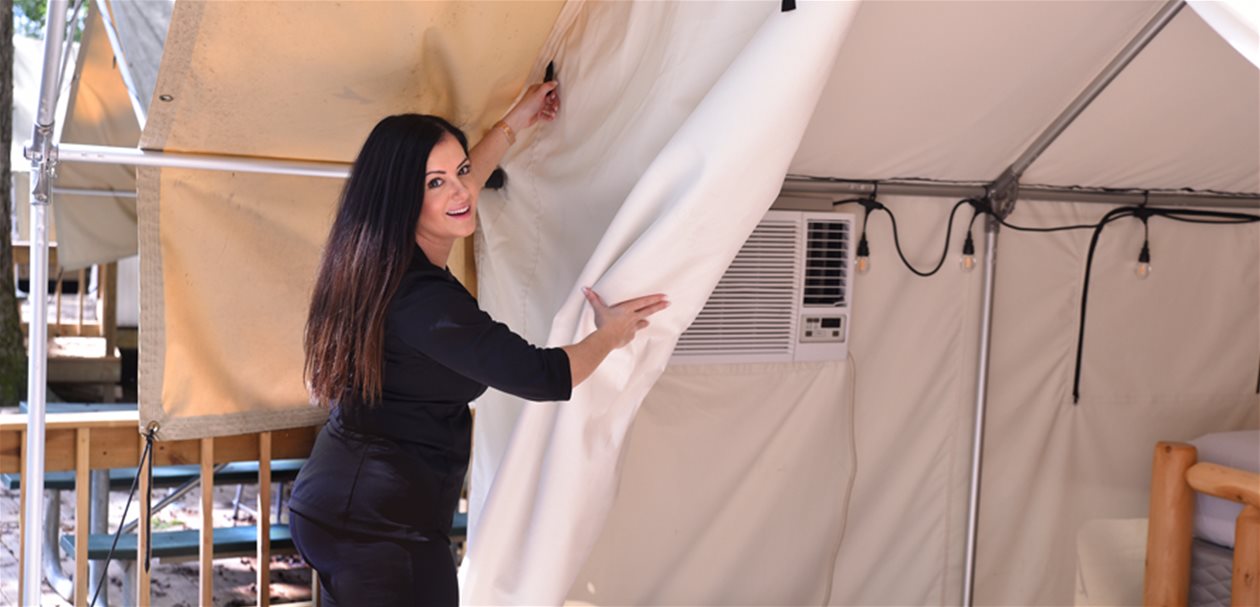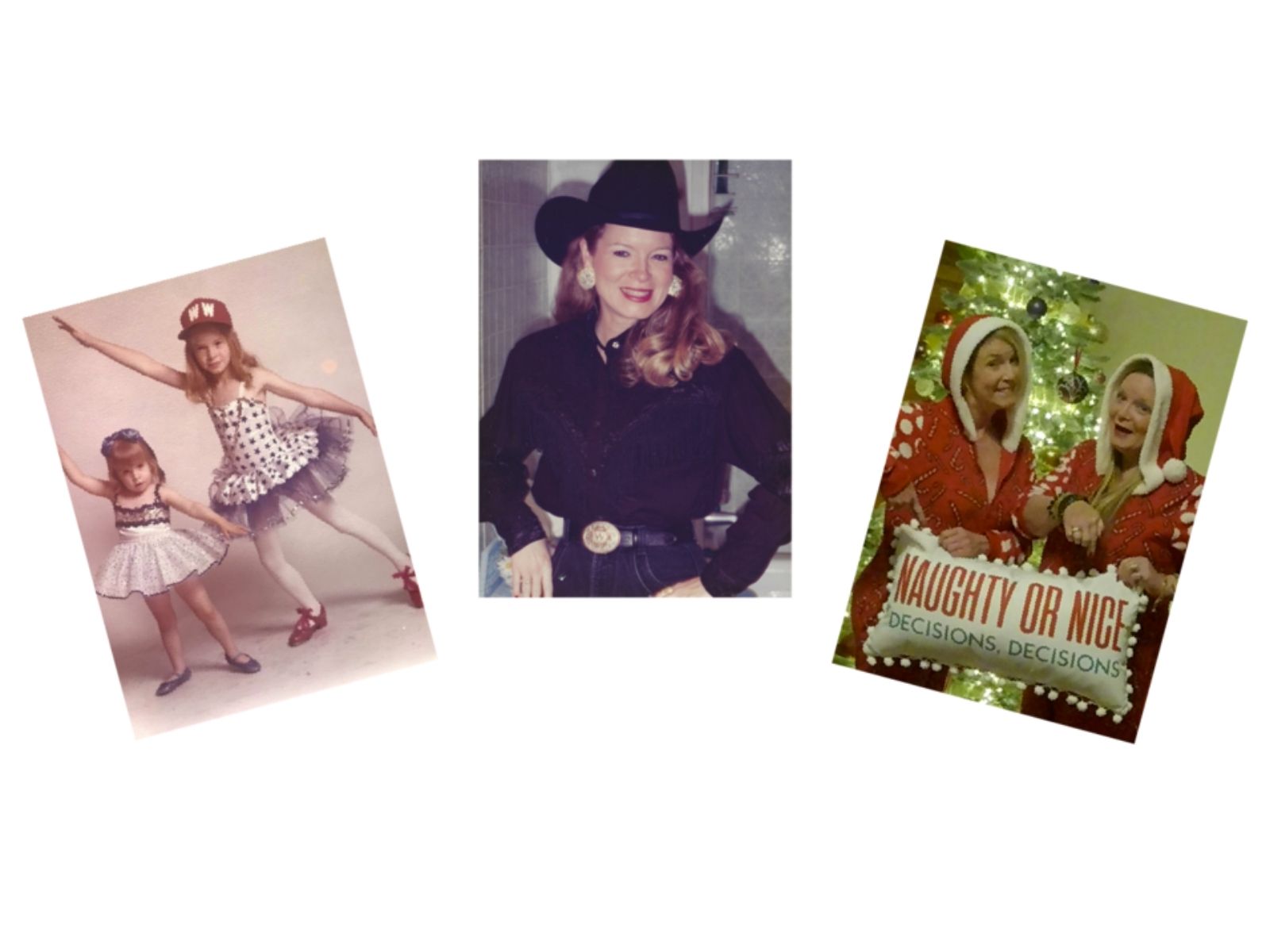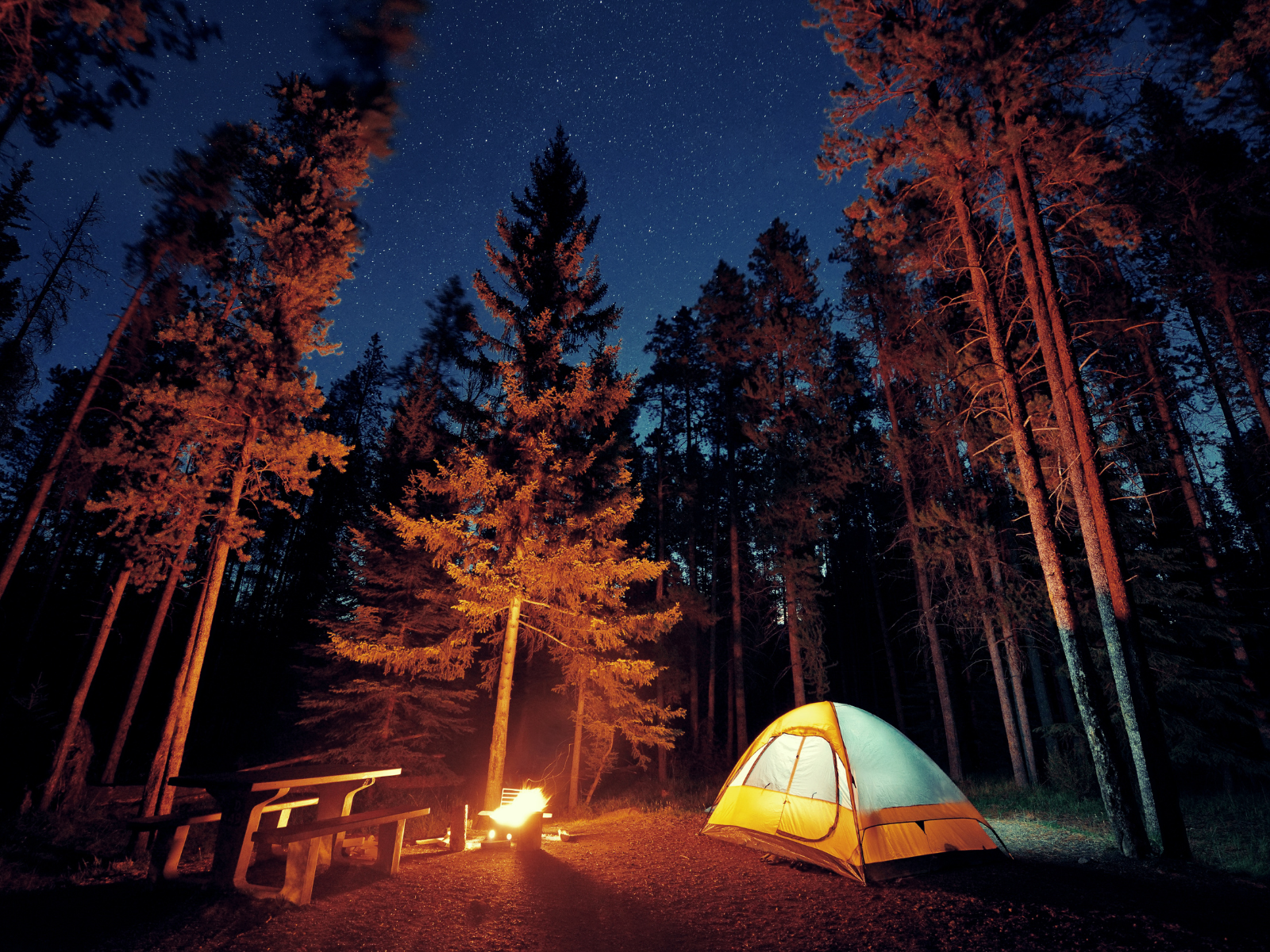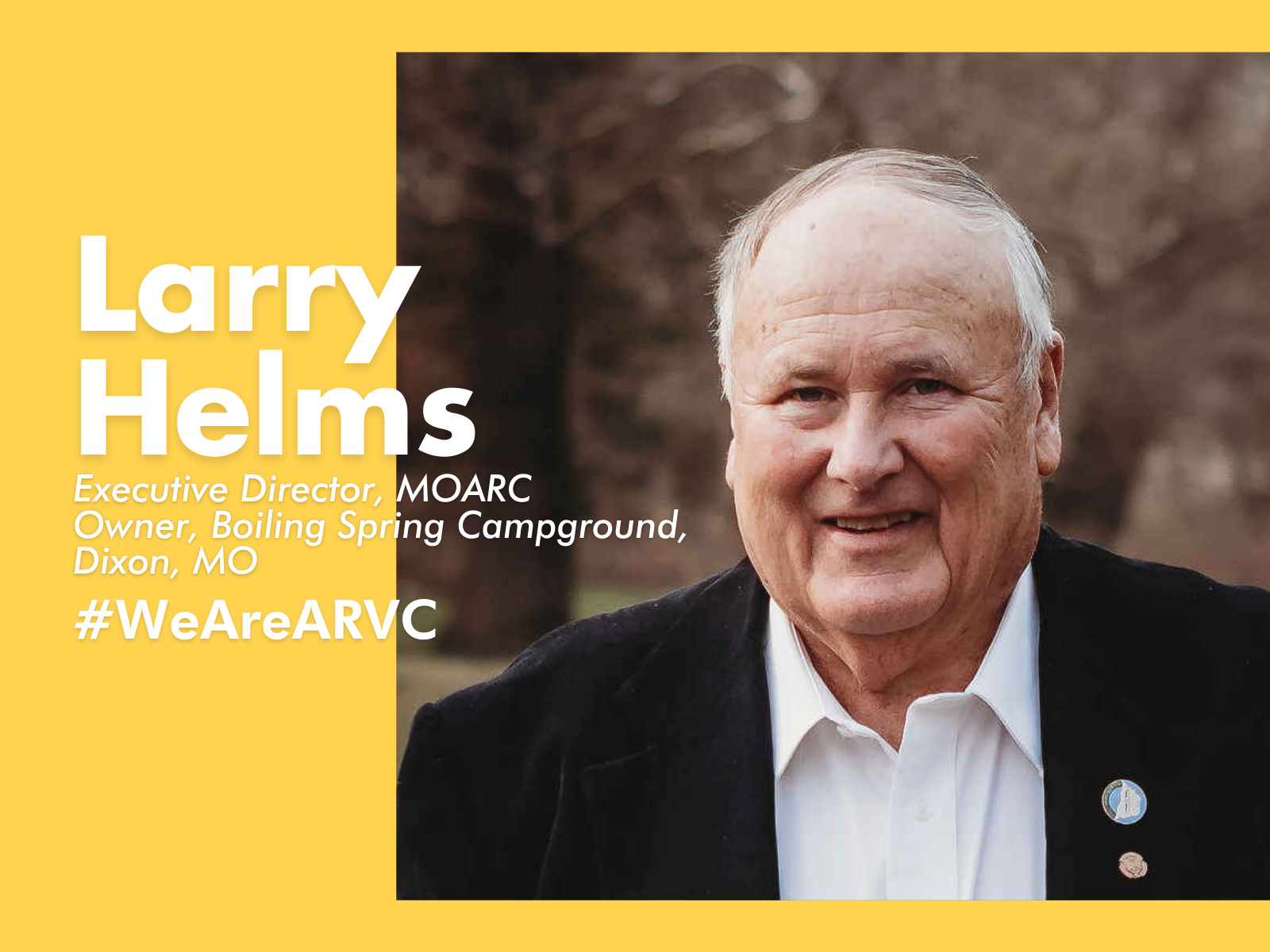According to Pew Research Center, in 2019, millennials are projected to overtake Baby Boomers as America’s largest generation. It’s important to understand what millennials are looking for in a camping experience because they’ll have a big impact on your park’s business.
According to Pew Research Center, in 2019, millennials are projected to overtake Baby Boomers as America’s largest generation. It’s important to understand what millennials are looking for in a camping experience because they’ll have a big impact on your park’s business.
Who are millennials?
This generation is generally defined as those born from the early 80s through the late 90s, which means they are now in their early 20s through late 30s. That also means that many of them are camping with kids.
What are they looking for?
The 2018 North American Camping Report sponsored by Kampgrounds of America discovered that the number of active millennial campers is expanding, and they say they want to increase the amount of time they spend camping. They’re also looking for a different type of vacation experience that includes trying unique accommodations like yurts, treehouses and glamping.
Millennials are also the most physically active of all generations and look for activities like hiking, backpacking, fishing, mountain biking and trail running. The top three factors they consider when choosing a campground are its atmosphere, location and quality of its sites.
What is their impact on RVing?
According to the study, millennials now make up 37 percent of RVers, but they are skeptical of buying an RV. They tend to borrow or rent. The study also notes that being an “RVer” may mean different things to different groups. For example, many millennials who camp in vans don’t necessarily consider themselves RVers.
The sharing economy is also having an impact on this market. More than half of the millennials surveyed said they would consider renting an RV from a peer-to-peer rental service.
What about technology?
More than half of millennials say technology detracts from their overall enjoyment while camping. Yet campers who say cell service and Wi-Fi are important also say they are able to enjoy an average of four additional days of camping each year thanks to this technology.
Jaron Starner, park manager for ARVC member-park Cedar Lake Family Campground in Dover, Pa., and chair of ARVC’s Young Professionals Committee, says, “This is the first true generation to have had the Internet and technology available to them for the majority, if not their entire lives, yet, they are also the first generation developing new trends towards ‘disconnecting’ from the technology they have grown to know so well. They seek a world where families talk face to face and not just through texting.”
He says, though, “They want to put their phones down, and yet they want to tell all their friends and family about how they are doing it!” Over one quarter of the millennials surveyed say it’s important to share their camping experiences on social media.
What’s the best way to reach millennials?
Starner suggests making your social media channels more interactive by asking questions, offering photo contests and creating a Snapchat filter unique to your park. He also recommends setting up selfie stations to encourage guests to share their experiences with their followers.
Your strong online presence should also include a compelling web site and one more element—reviews.
“We have noticed that reviews are a huge touch point for millennials,” says Heather Blankenship, OHC, owner of ARVC member-park Yogi Bear’s Jellystone Park at Pigeon Forge/Gatlinburg, in Pigeon Forge, Tenn., and co-chair of ARVC’s Young Professionals Committee. “Making sure we are asking our customers to write reviews on places like TripAdvisor, Yelp, Google and everywhere in between is a big marketing tool.”
The bottom line is that there’s huge potential in the millennial market if you offer the kinds of rewarding experiences they’re looking for and you strategically use social media to let them know what you have to offer.






Leave A Comment